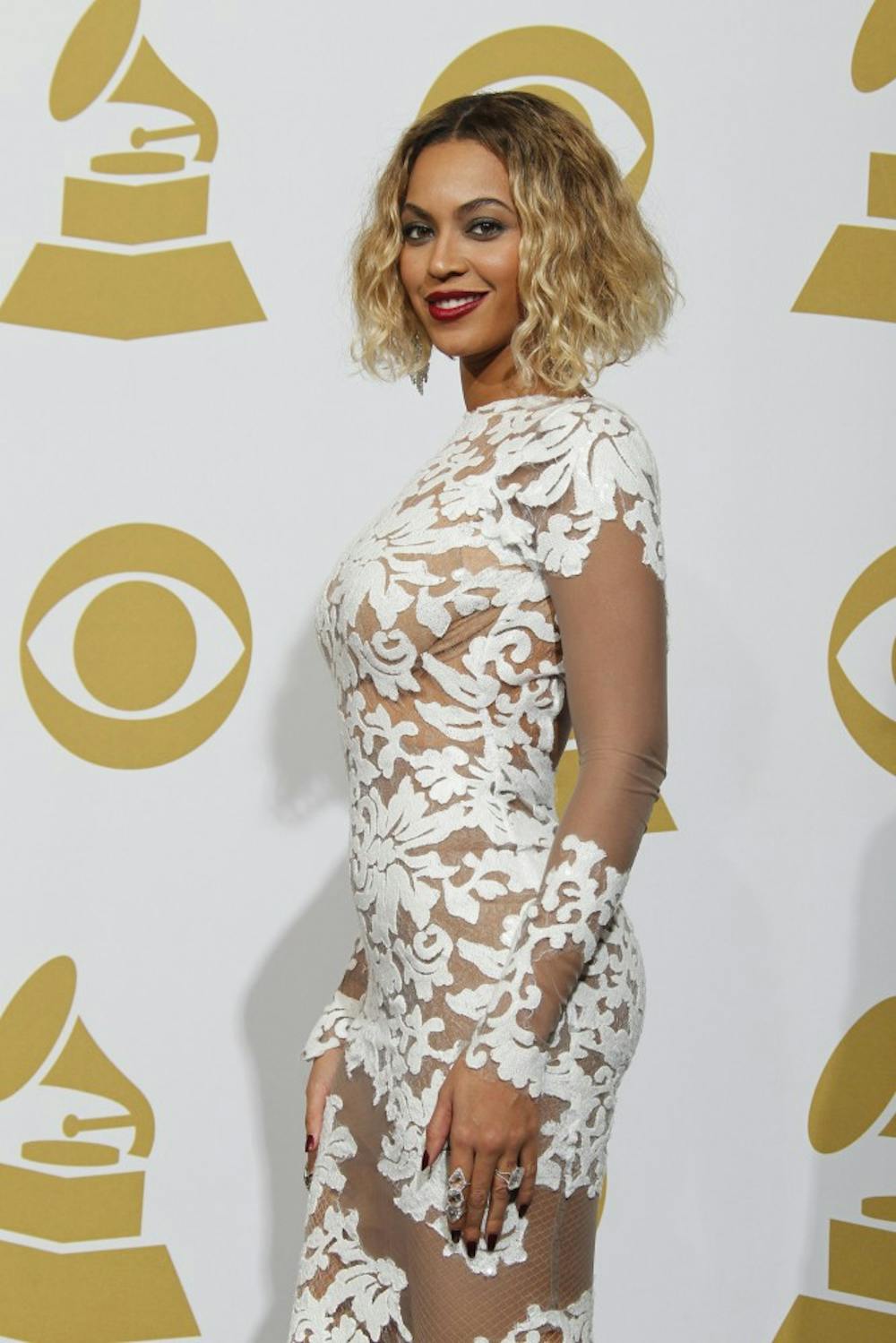Celebrities against feminism
Some celebrities aren’t embracing gender equality in the digital age.
While she now says her quotes were taken out of context, “Big Bang Theory” star Kelly Cuoco denied that she was a feminist in an interview with Redbook magazine.
Twenty-two year old actress Shailene Woodley said she does not identify as a feminist and that she loves men in a 2014 interview with Time magazine.
Kelly Clarkson also expressed a distaste for the “f word” in an interview with Time. She described feminism as too strong of a word to describe her, citing her love of being taken care of by an “actual leader.”
Much like the internet after Beyoncé’s equality charged 2014 VMA performance, enrollment in Ball State Women’s and Gender Studies classes has exploded.
“This is my sixth year as program director, and our enrollments were kind of slowly creeping up, and within in the last couple of years, they’ve just taken off,” said Department Chair of Ball State’s Women’s and Gender Studies Department, Lisa Pellerin.
Many celebrities have recently, and very publicly, endorsed modern society’s hot topic: feminism.
“I’ve always considered myself a feminist, although I was always afraid of that word because people put so much on it,” Beyoncé said in a CNN article from December. “When honestly, it’s very simple. It’s just a person that believes in equality for men and women.
From Emma Watson’s speech at the United Nations to the Twitter trend #yesallwomen, recent media points a piercing spotlight on the movement.
The mouse clicks and blog posts inspired by pop stars have begun to affect university classrooms.
Sophomore business major Jenny Carter became interested in women’s and gender classes this semester.
“I wanted to take one because I feel like I don’t know enough about women’s views on things in a man’s world and that sounds very interesting to me,” she said.
But when Carter tried to enroll, she couldn’t. There just isn’t enough room for everyone interested to sign up for classes.
“I couldn’t take any [classes] because there wasn’t enough room,” said Carter. “I wish there were more seats available.”
While class sizes swell, posters promoting feminism have popped up throughout campus.
The Women’s and Gender Studies Department hung humorous messages like “Why have gender roles when you can have pizza roles?” in hopes of creating buzz about gender equality.
“I think that an argument through satire and through comedy are enjoyable to the person saying it, and it makes you question your own beliefs in a way you don’t feel intimidated,” Bingham said. “And who doesn’t like pizza rolls?”





